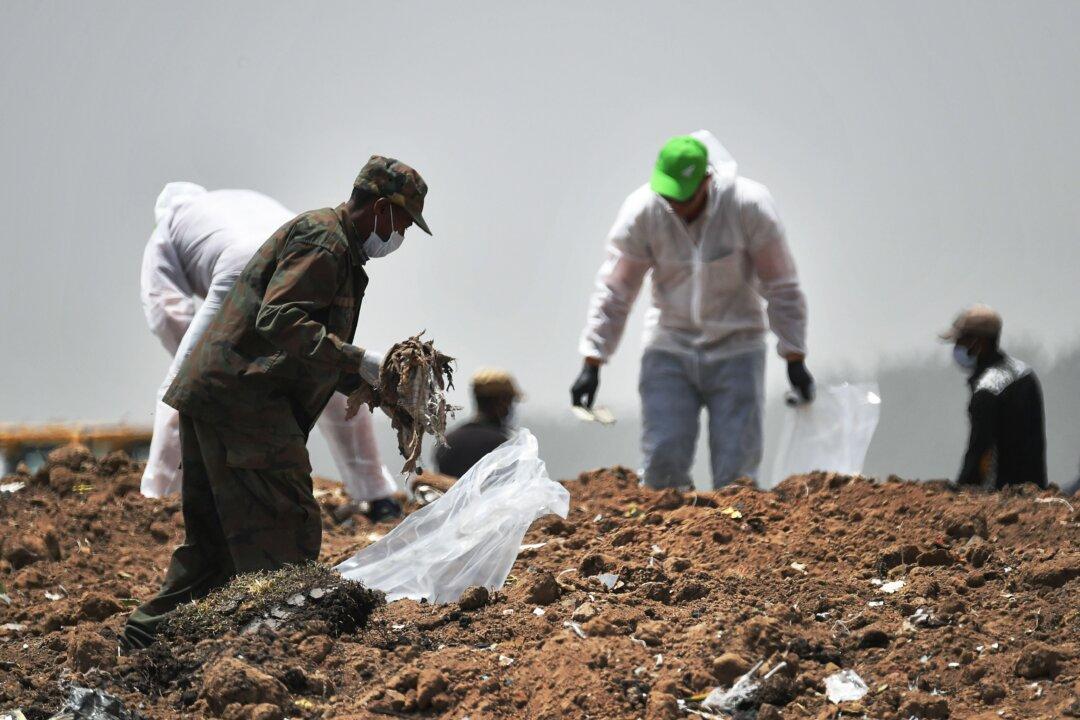Boeing announced that it had reached a $200 million settlement with the Securities and Exchange Commission (SEC) after allegations that it deceived its own investors and the public about the safety of its best-selling 737 MAX jetliner.
The Boeing 737 MAX killed 346 people in two separate fatal crashes, forcing the Federal Aviation Administration (FAA) to ground the airplane for 20 months and only allowing it to fly again in November 2020.





